
Scrutinizing China’s People’s Congresses
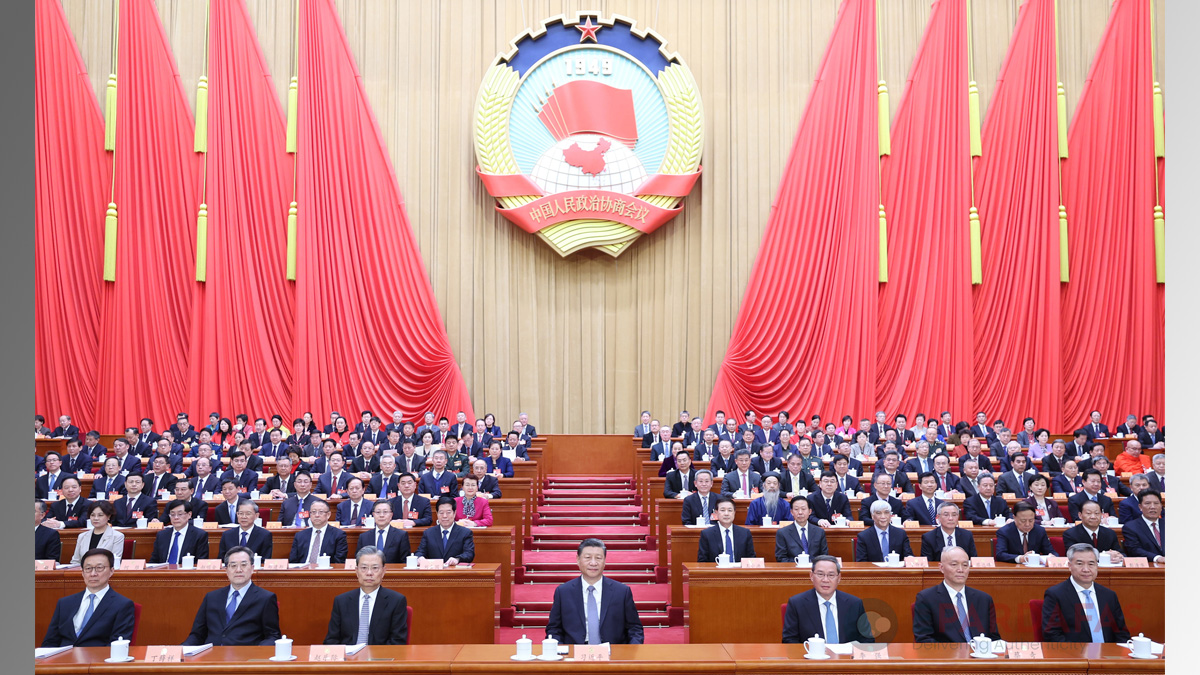
The ongoing plenary sessions of the National People’s Congress (NPC) and the Chinese People’s Political Consultative Conference (CPPCC) provide a snapshot of China’s unique brand of democracy, meticulously steered by the Chinese Communist Party (CCP). Termed as the “Two Sessions,” these gatherings showcase China’s political landscape, where the veneer of democracy is maintained under the CCP’s overarching control.
The NPC, touted as the world’s largest legislature, ostensibly holds the highest authority in China. However, the manner of delegate selection underscores a stark departure from democratic norms. Delegates are not directly elected by the populace but are rather chosen through channels tightly controlled by the CCP, relegating genuine democratic representation to the periphery.
Lou Qinjian’s affirmation of adhering to Xi Jinping’s directives encapsulates the NPC’s subservience to CCP leadership, foregrounding the party’s primacy in shaping the legislative agenda. Despite nominal efforts to include independent voices, the reality is far from democratic. Former delegates like Huang Songhai and Yao Lifa paint a grim picture of tokenism, where dissenting views are marginalized, and genuine reform efforts remain stymied.
Wang Xiuzhen’s ordeal illustrates the heavy-handed tactics employed to suppress independent candidacies, highlighting the authorities’ intolerance towards deviations from the party line. Under the guise of maintaining stability, dissenting voices are muzzled, and individuals like Wang find themselves under constant surveillance, emblematic of China’s pervasive surveillance state.
Xi Jinping’s rhetoric of “whole-process people’s democracy” aims to mask the authoritarian underpinnings of China’s political system with a veneer of legitimacy. Yet, as Ye Jinghuan asserts, genuine democratic principles, such as judicial independence and delegated powers for NPC delegates, remain elusive. Instead, the NPC functions as a rubber stamp, endorsing decisions preordained by the CCP leadership.
Despite the glaring absence of democracy, voices like Ye’s advocate for participation as a means to effect incremental change. However, the CCP’s grip on power remains unyielding, rendering genuine democratic reform a distant prospect.
In essence, China’s People’s Congresses epitomize a carefully choreographed display of democracy, where the CCP’s hegemony remains unchallenged, and dissenting voices are systematically marginalized. As China’s political landscape evolves, the facade of democracy persists, concealing the authoritarian reality beneath.


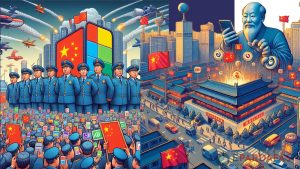
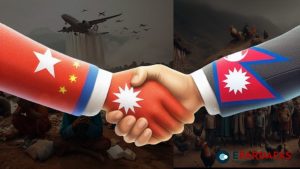
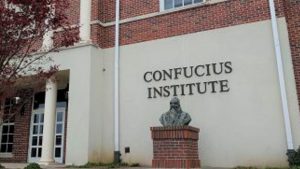
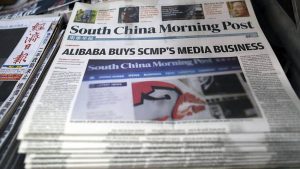







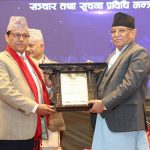
Comments